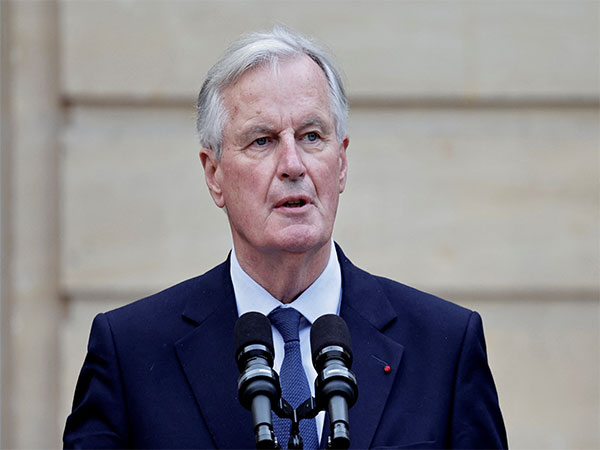Barnier Bows to Pressure in Energy Tax U-Turn
French Prime Minister Michel Barnier has retracted plans to increase electricity taxes following threats from the far-right National Rally to destabilize the government. Despite this concession, the RN maintains that the budget remains unacceptable, threatening a no-confidence vote and placing Barnier's government in jeopardy.

In a dramatic political maneuver, French Prime Minister Michel Barnier reversed his decision to raise electricity taxes, yielding to the far-right's warnings of governmental collapse. His revision was aimed at unburdening the working class, but the National Rally (RN) insists this is insufficient to prevent a looming no-confidence vote.
Barnier's government initially sought to generate 3 billion euros by raising taxes on electricity, a measure once reduced due to the energy crisis, as part of a broader economic strategy to address France's monetary challenges. However, facing significant opposition from multiple political factions, Barnier now risks either financial instability or a perilous no-confidence vote.
Tensions are high, with France's government bonds initially experiencing a sell-off, reflecting investor anxiety. While some gains were recovered, the political uncertainty persists. The RN continually demands revisions to the budget, including pension indexing delays, urging Barnier to address these red lines or face substantial political fallout.
(With inputs from agencies.)










